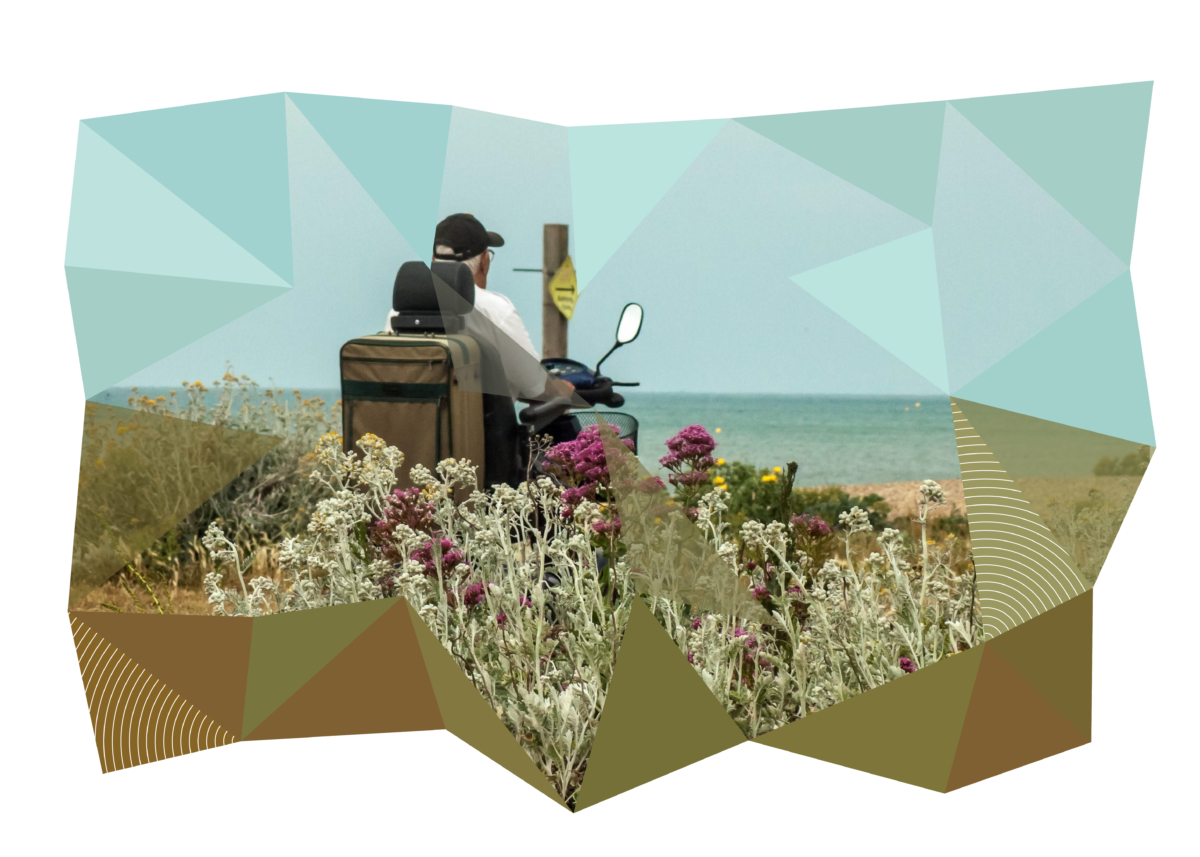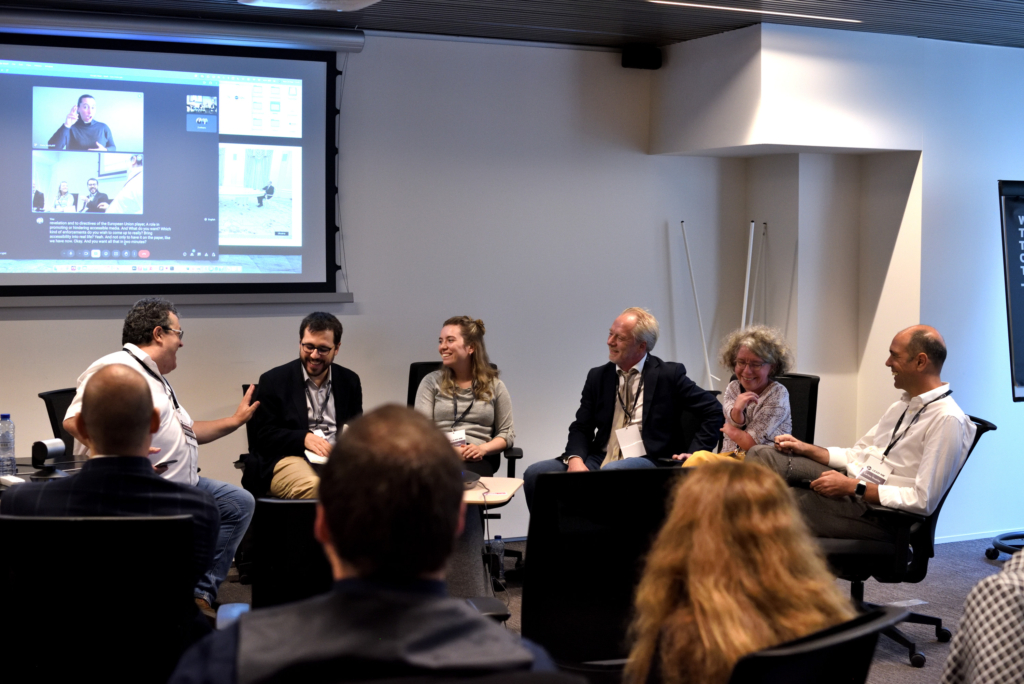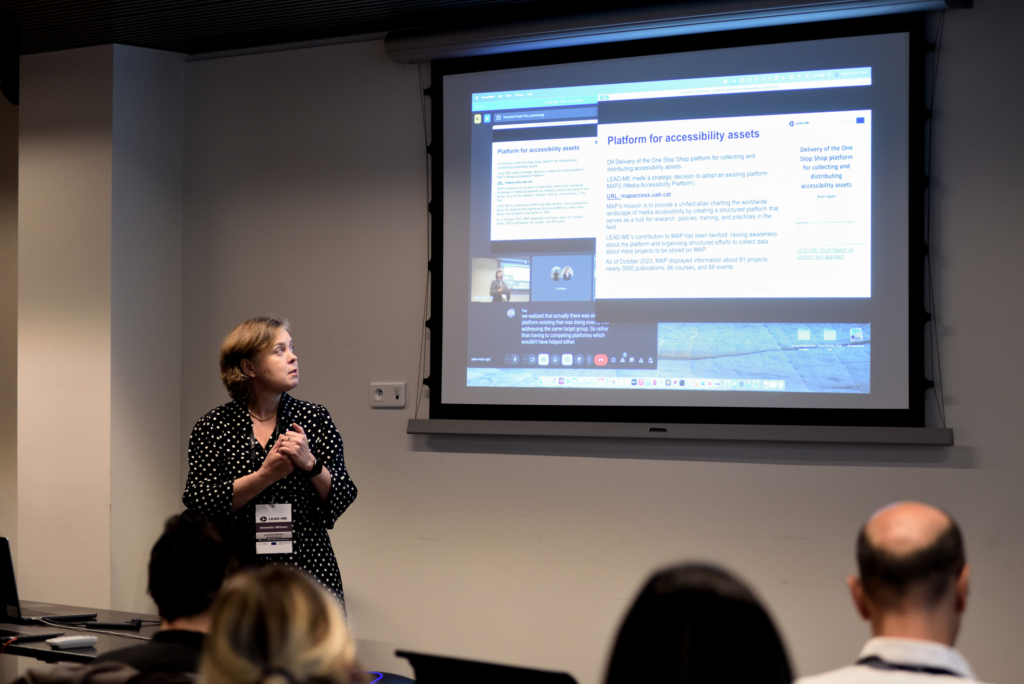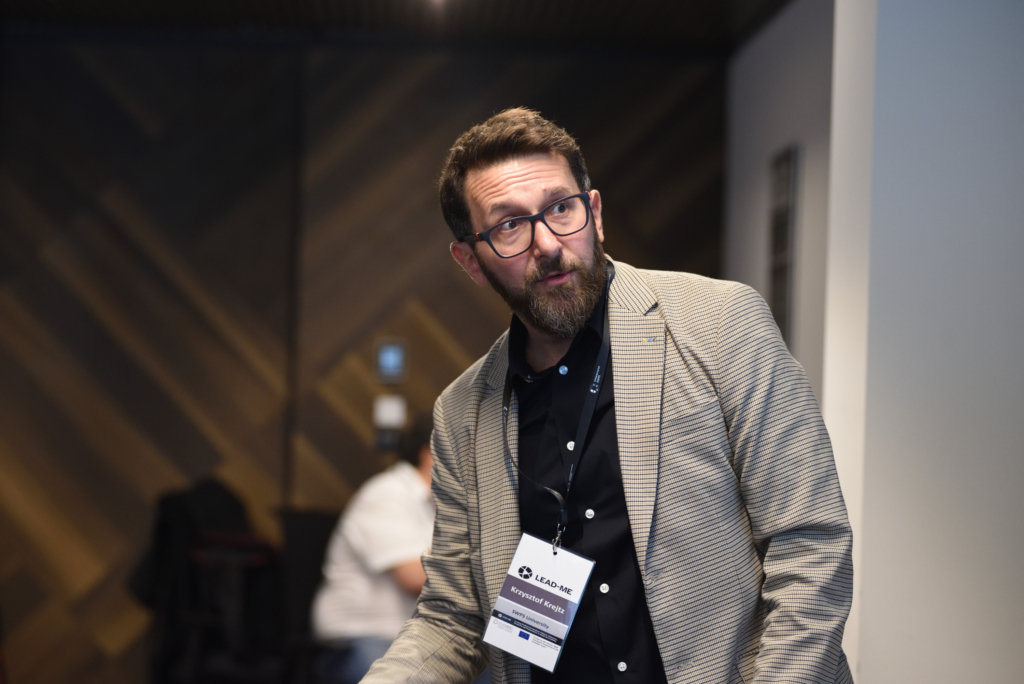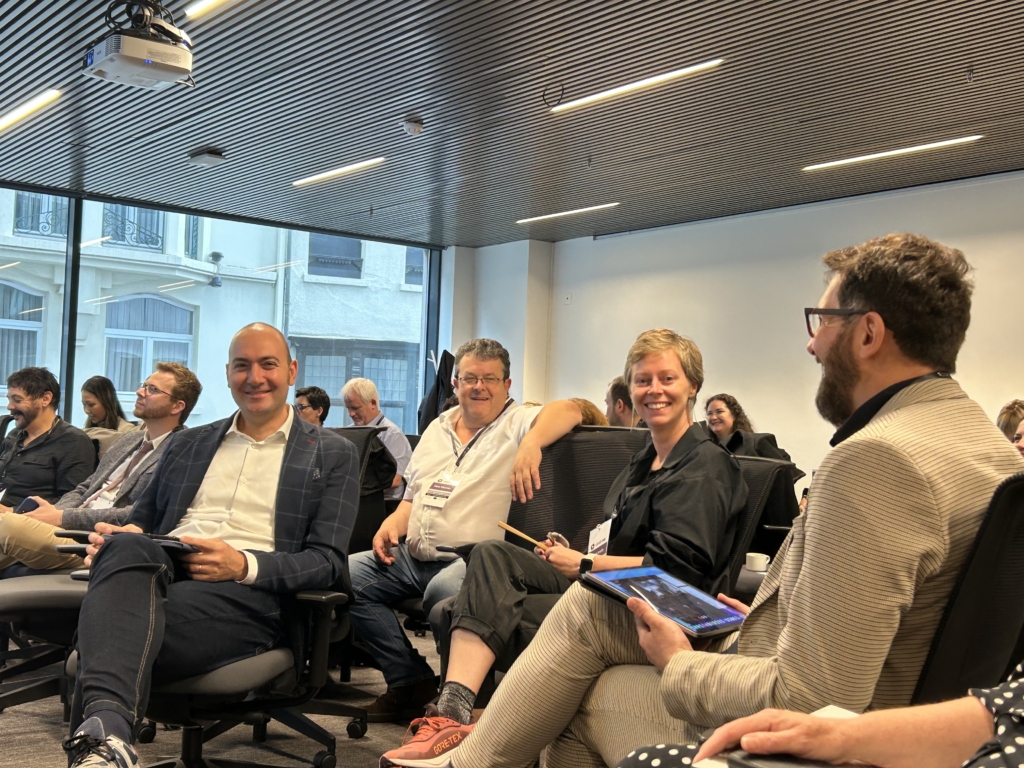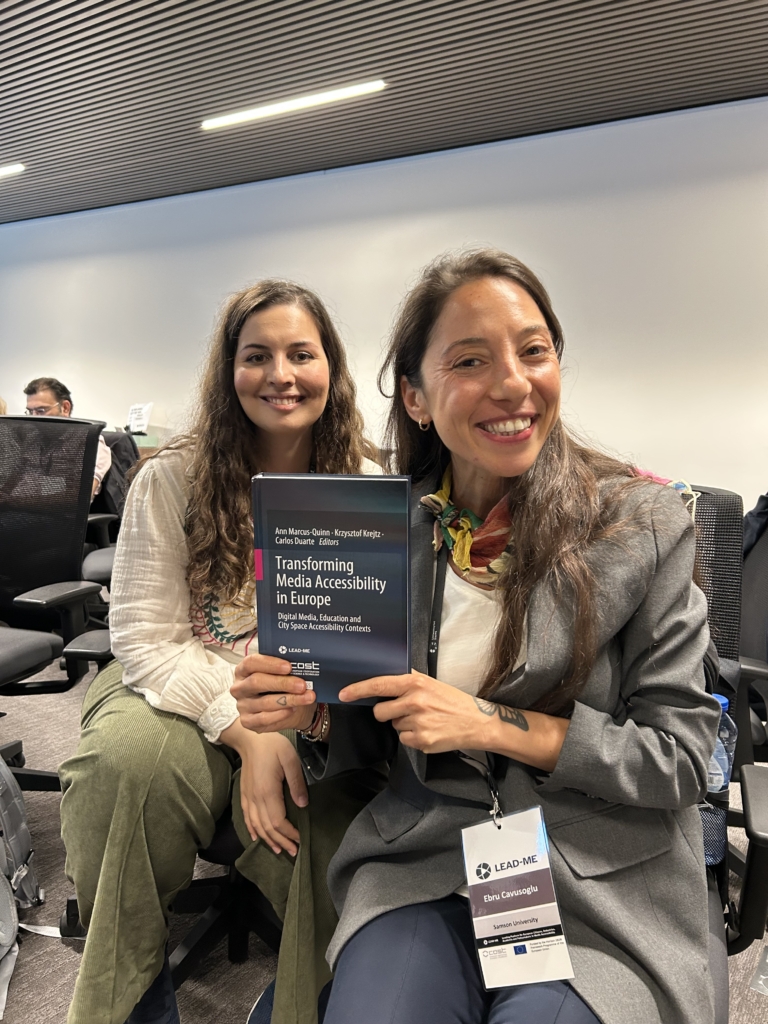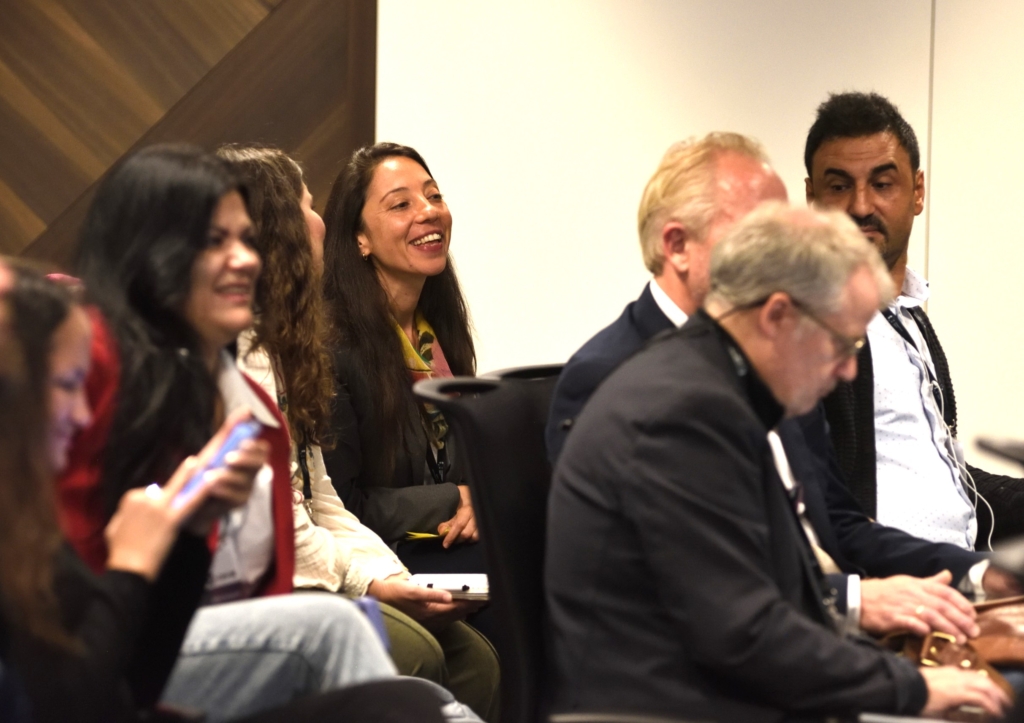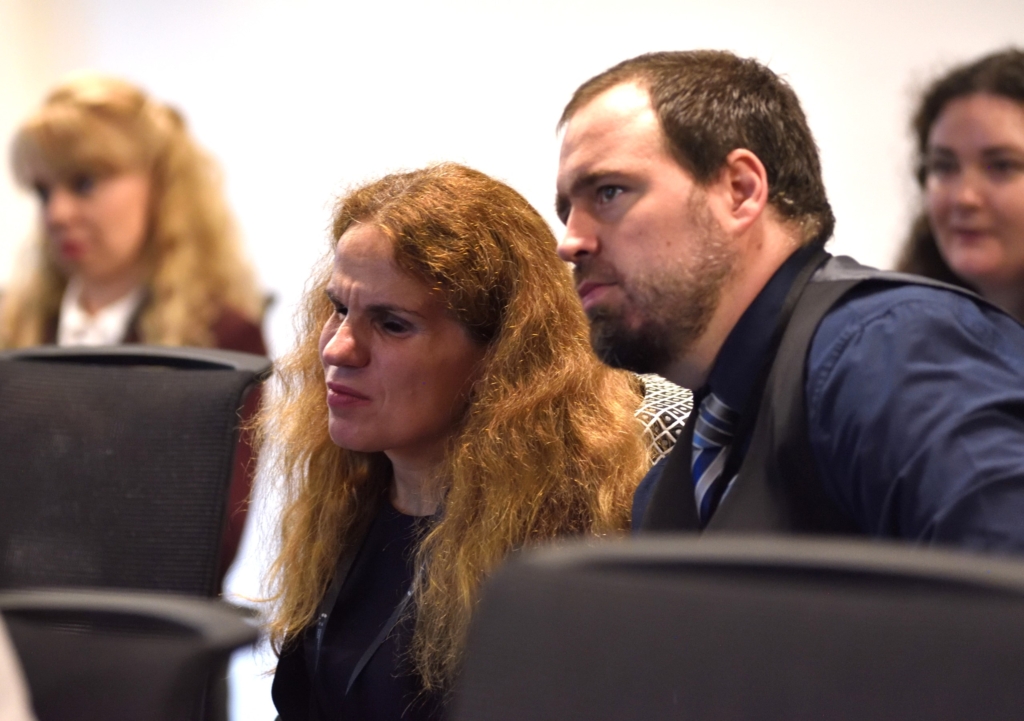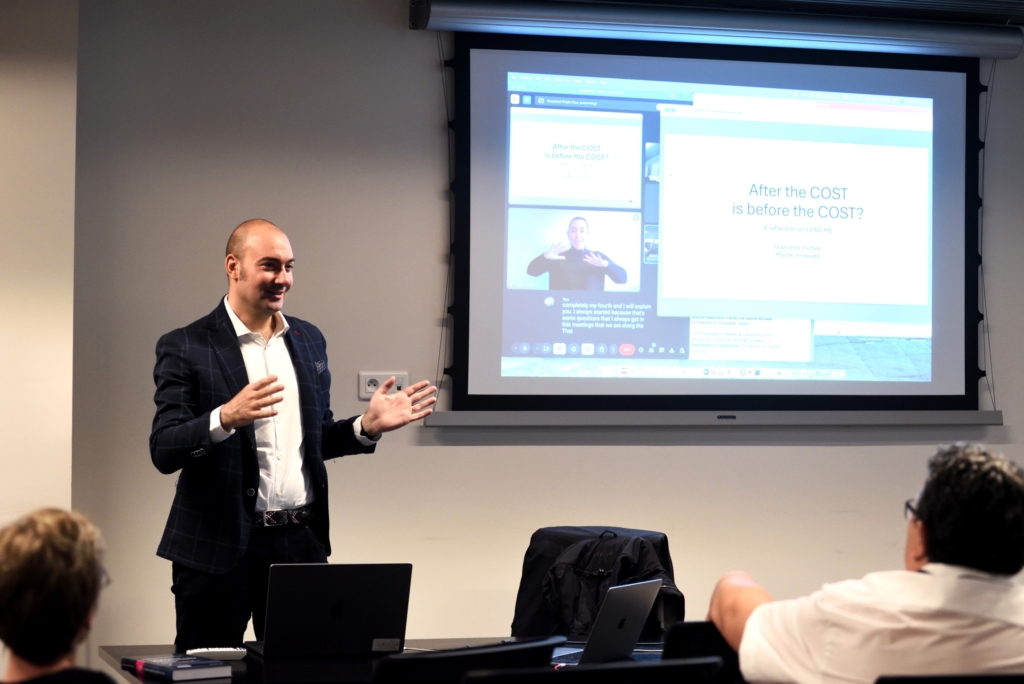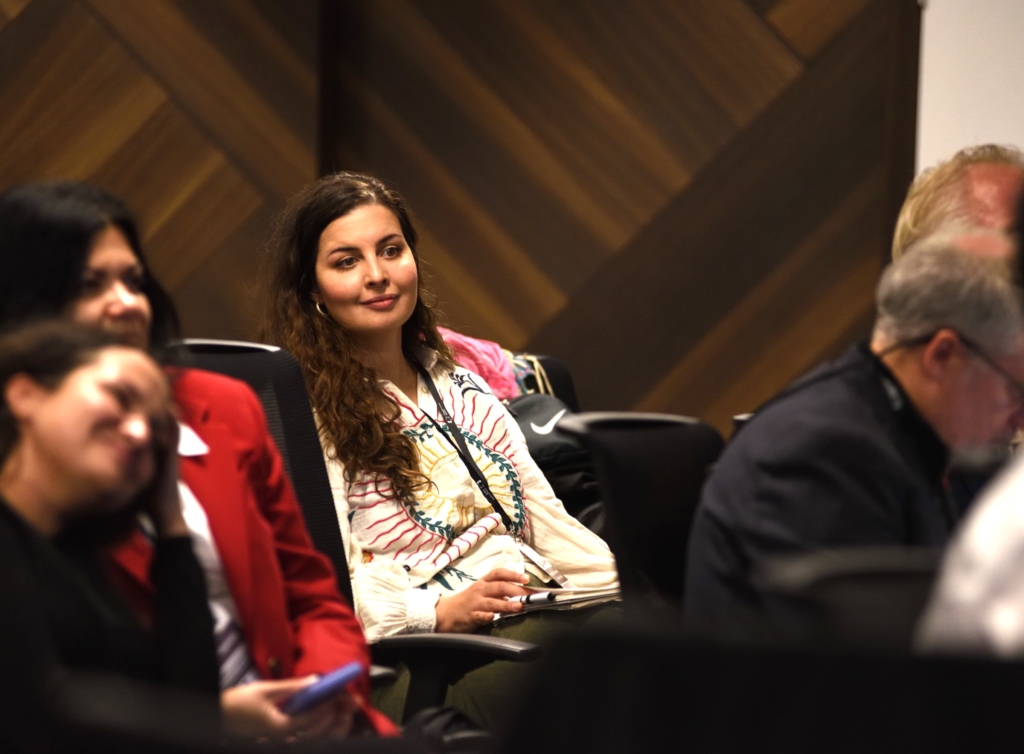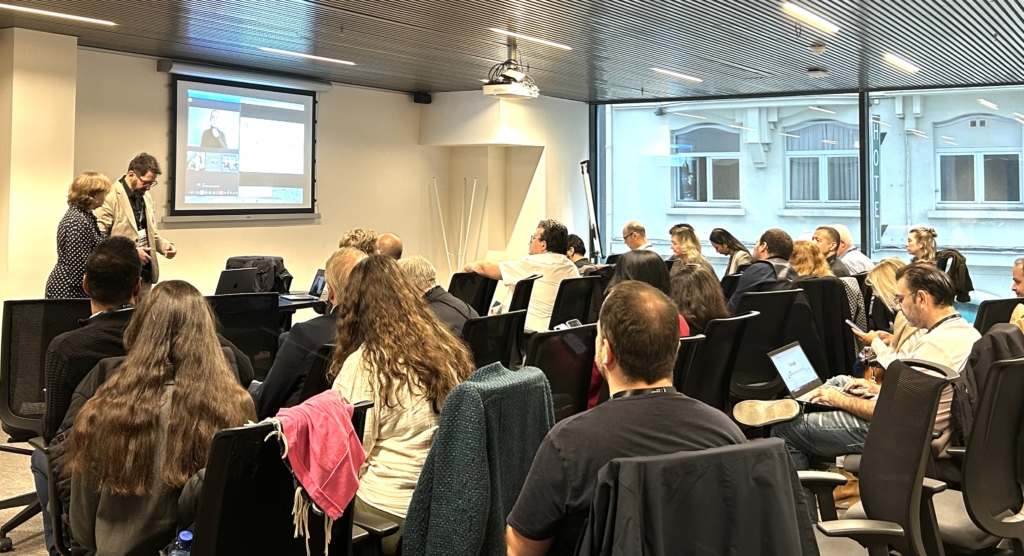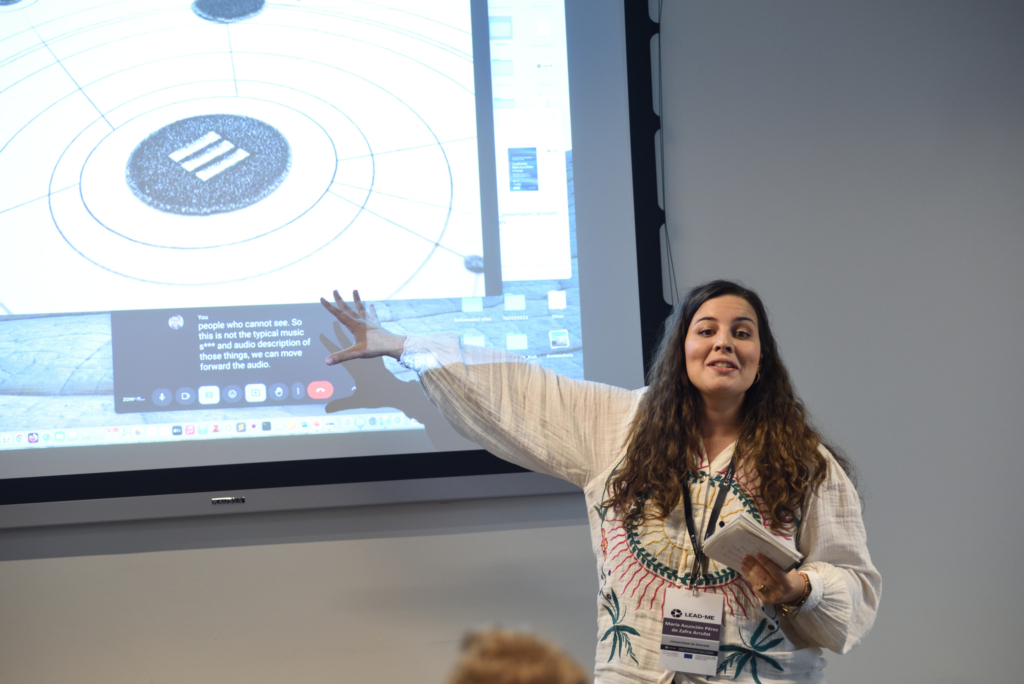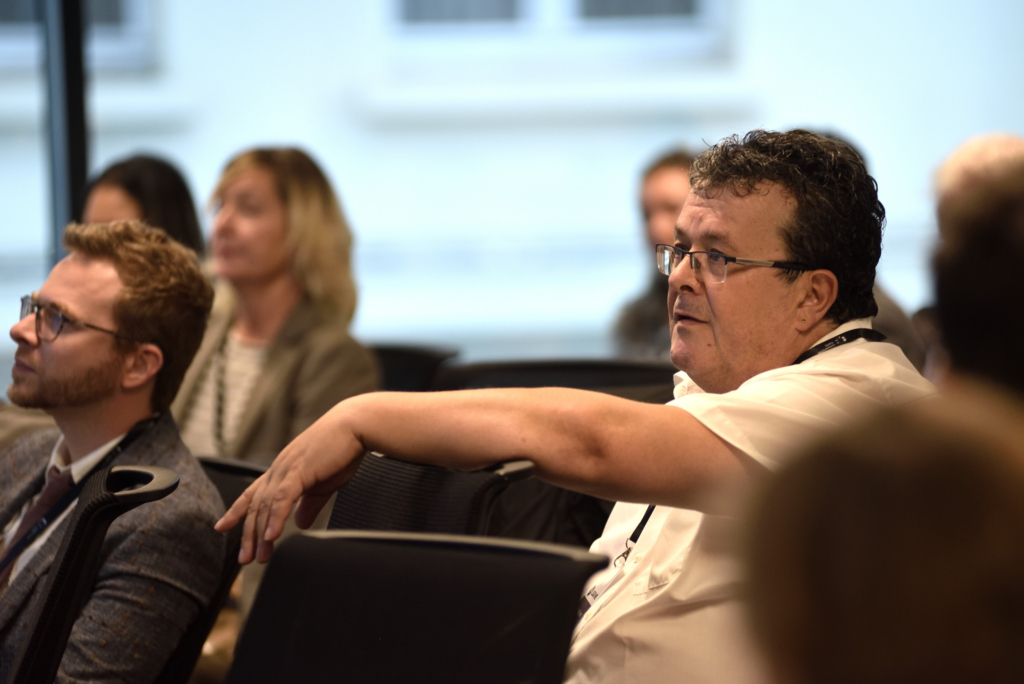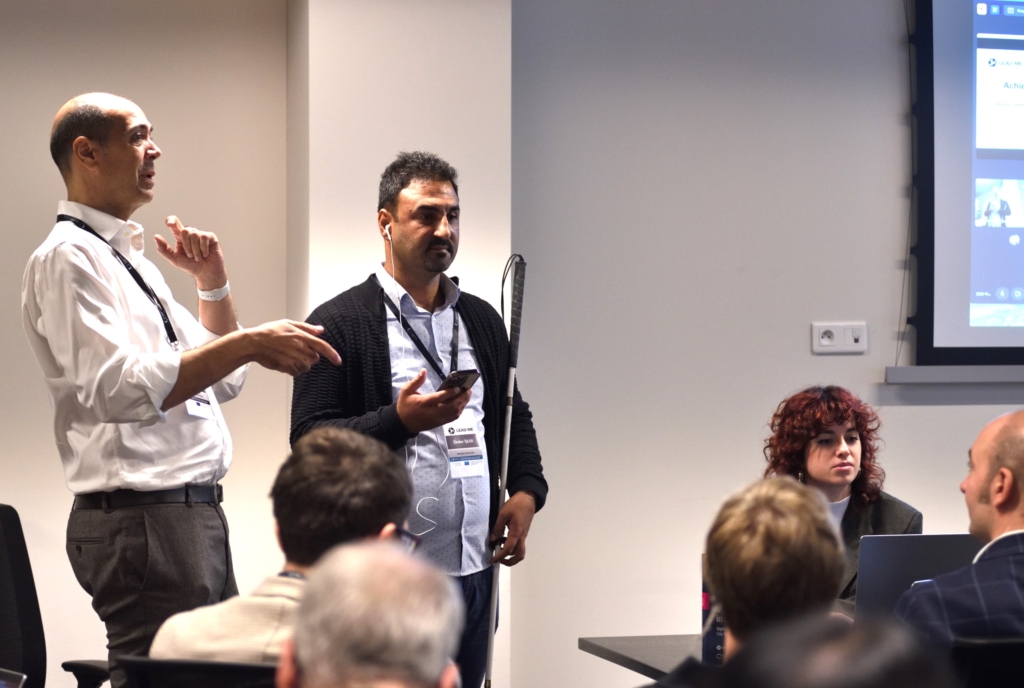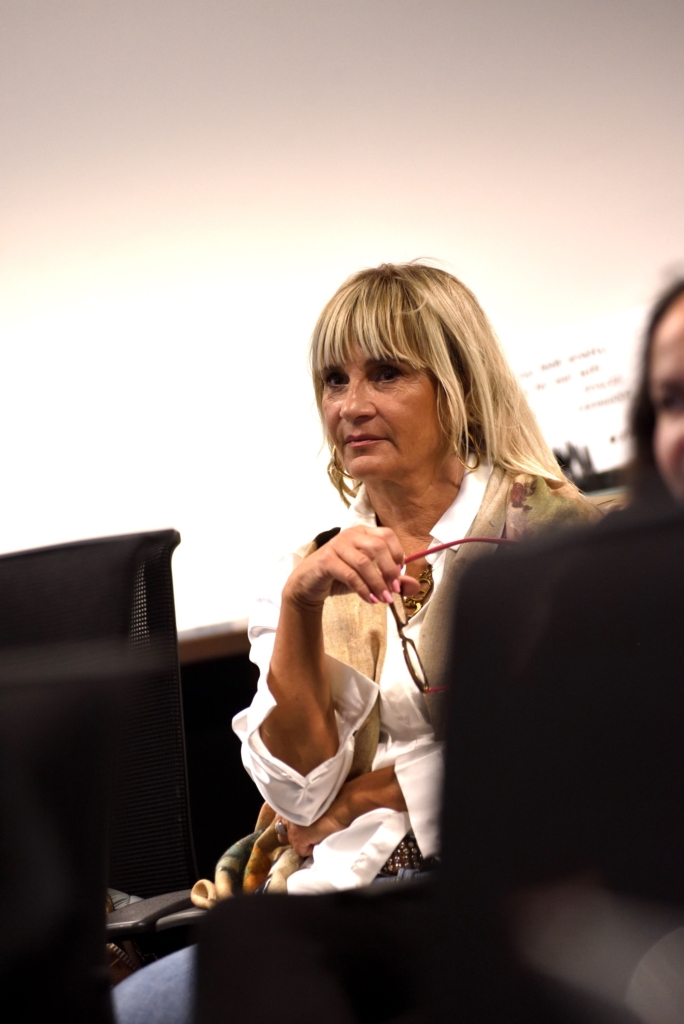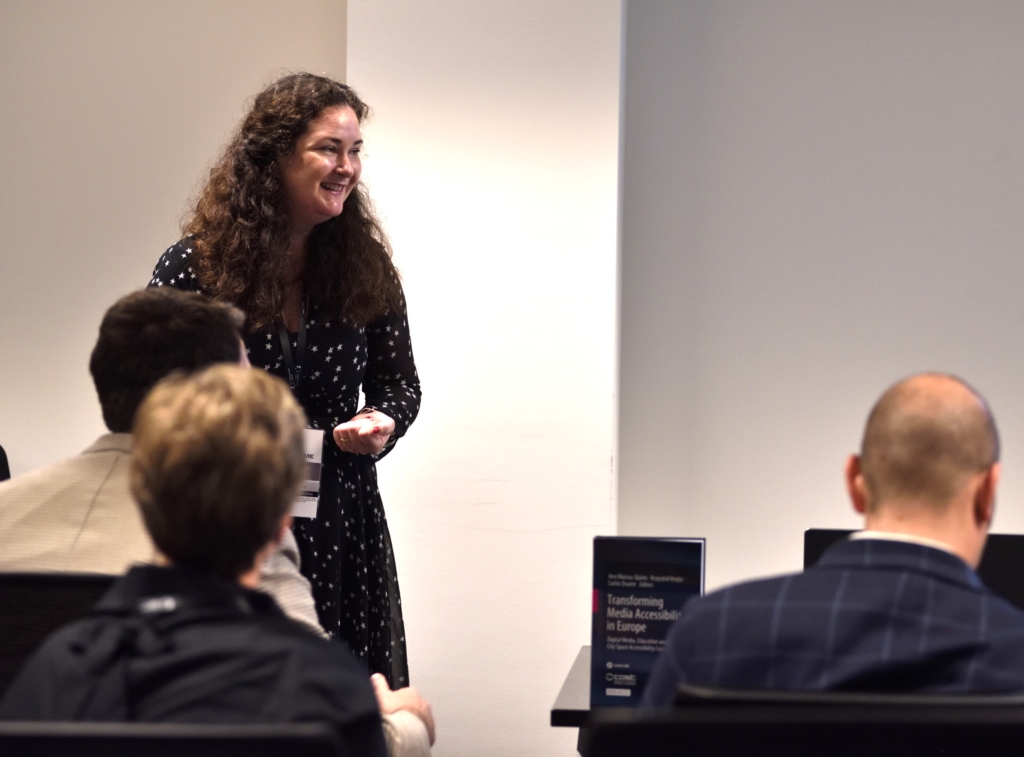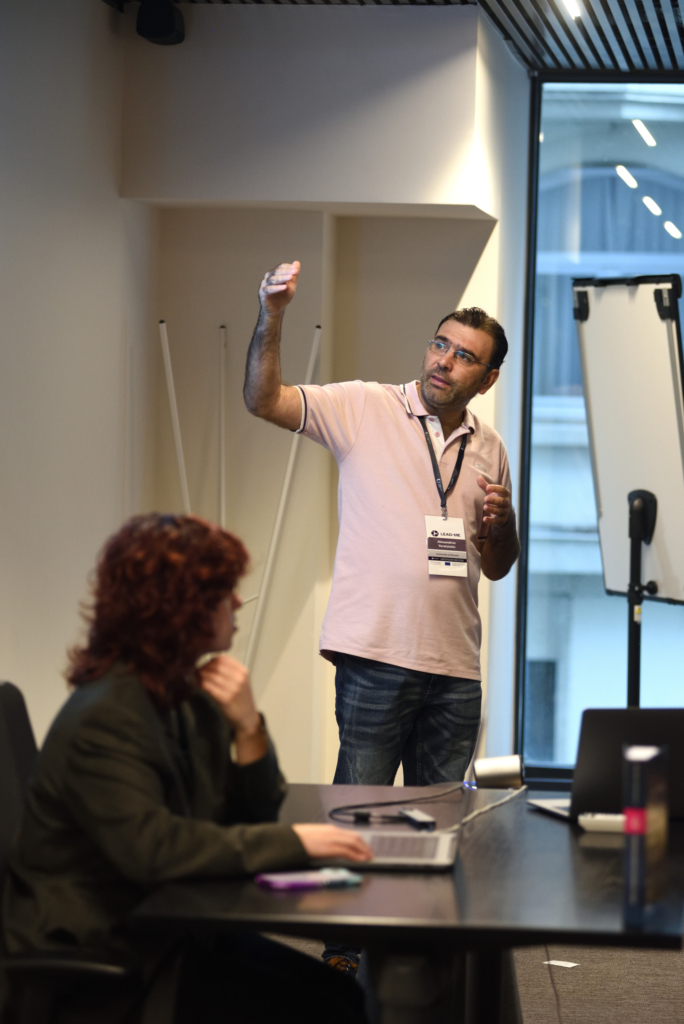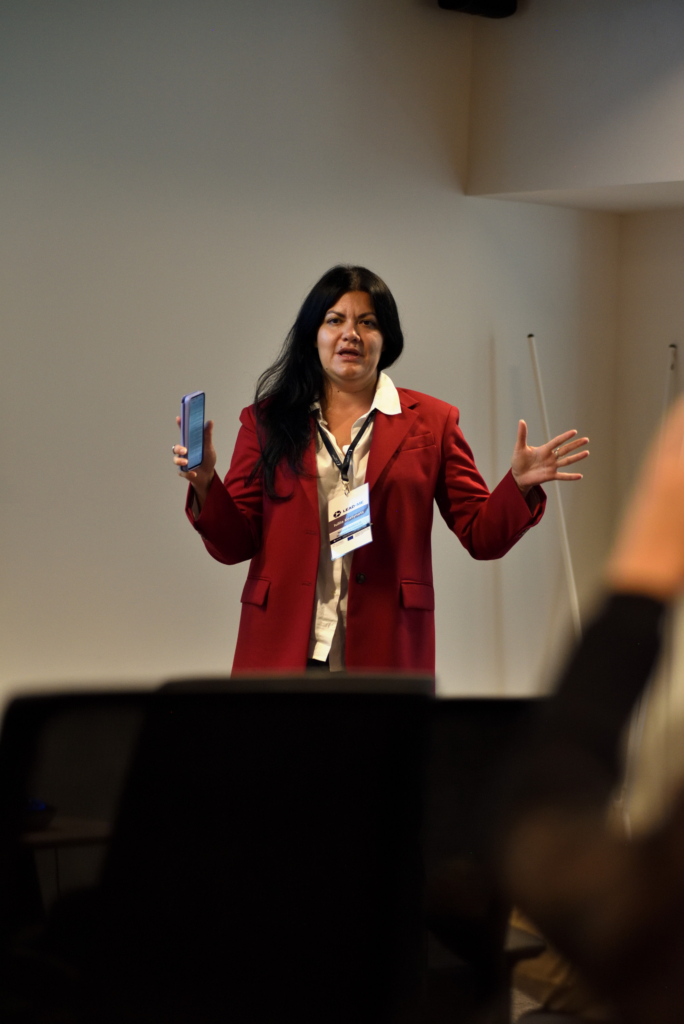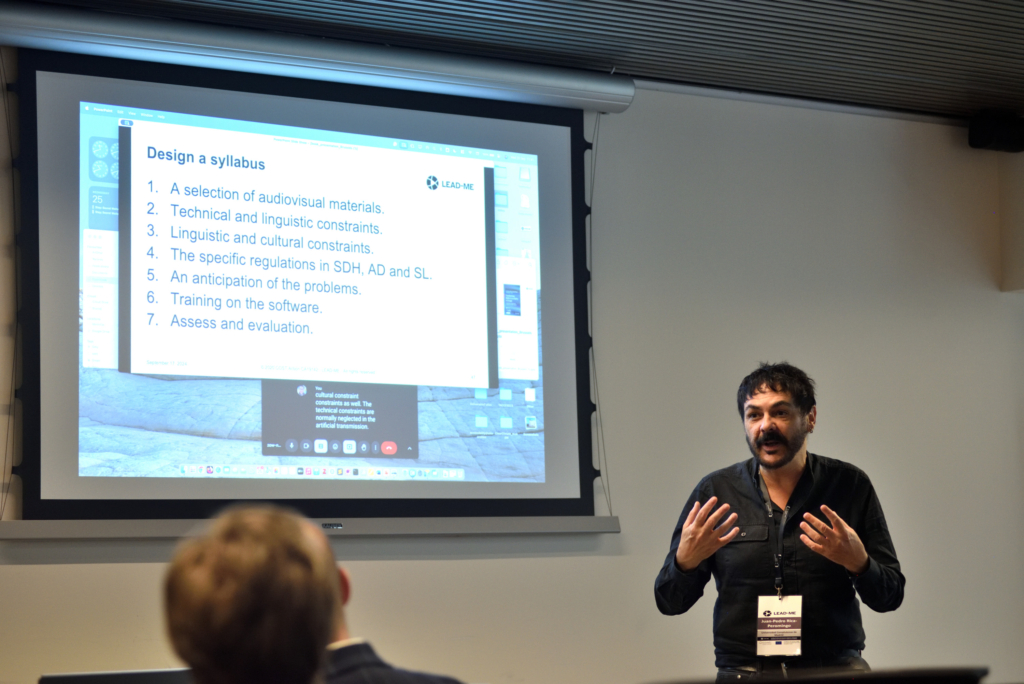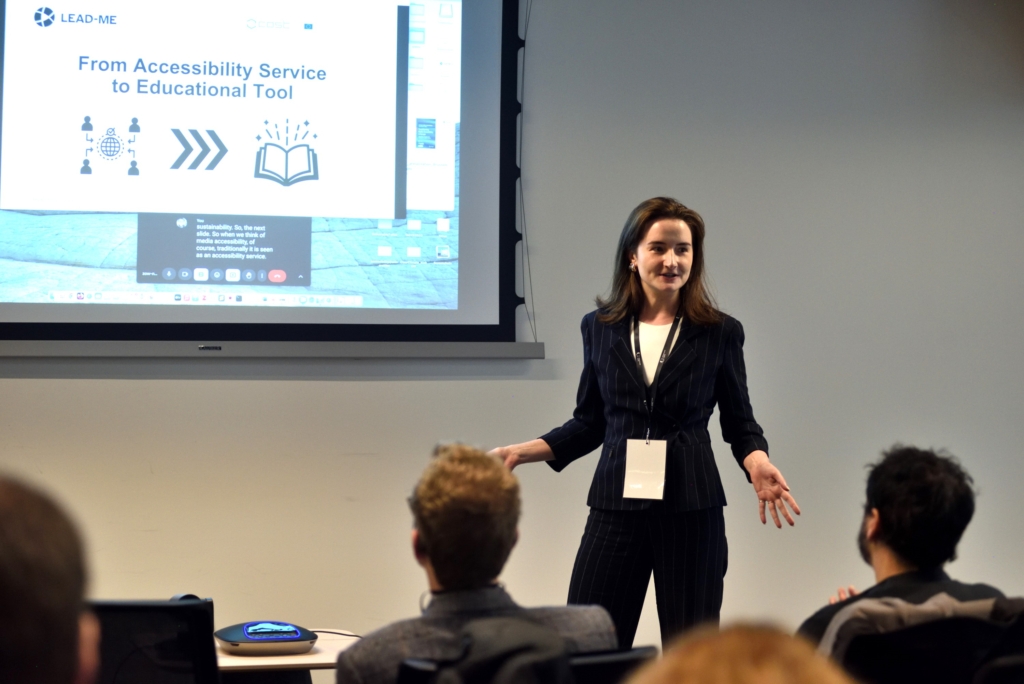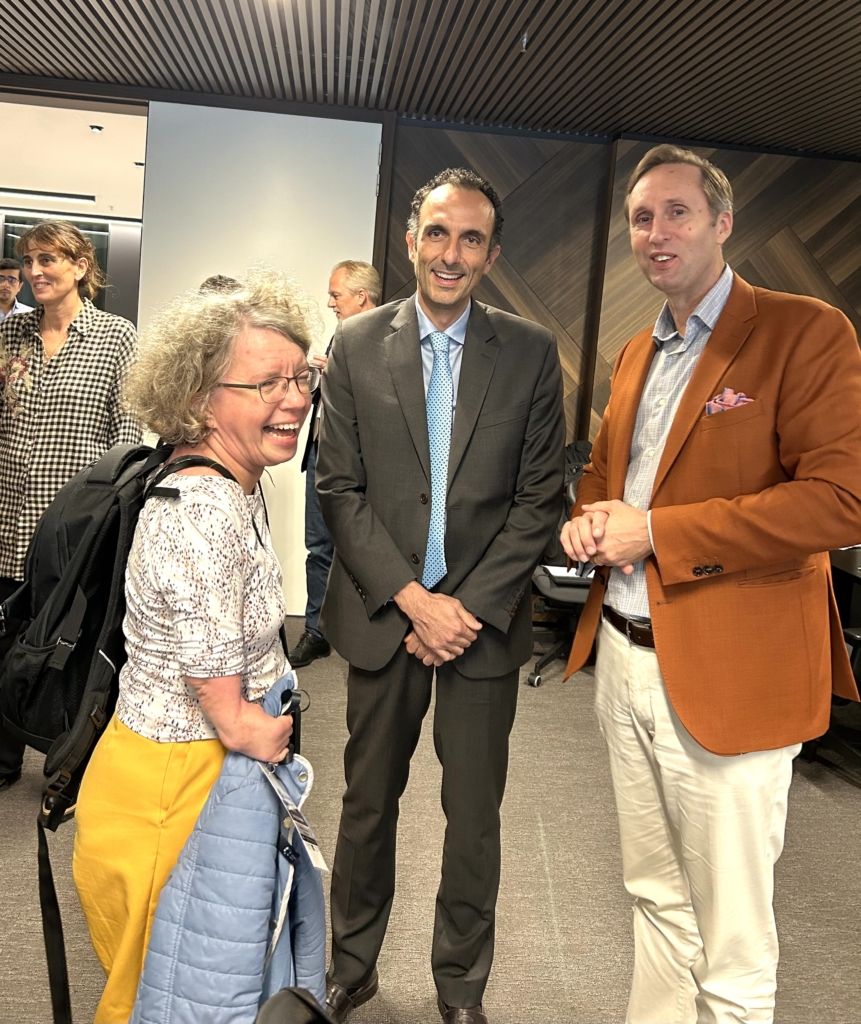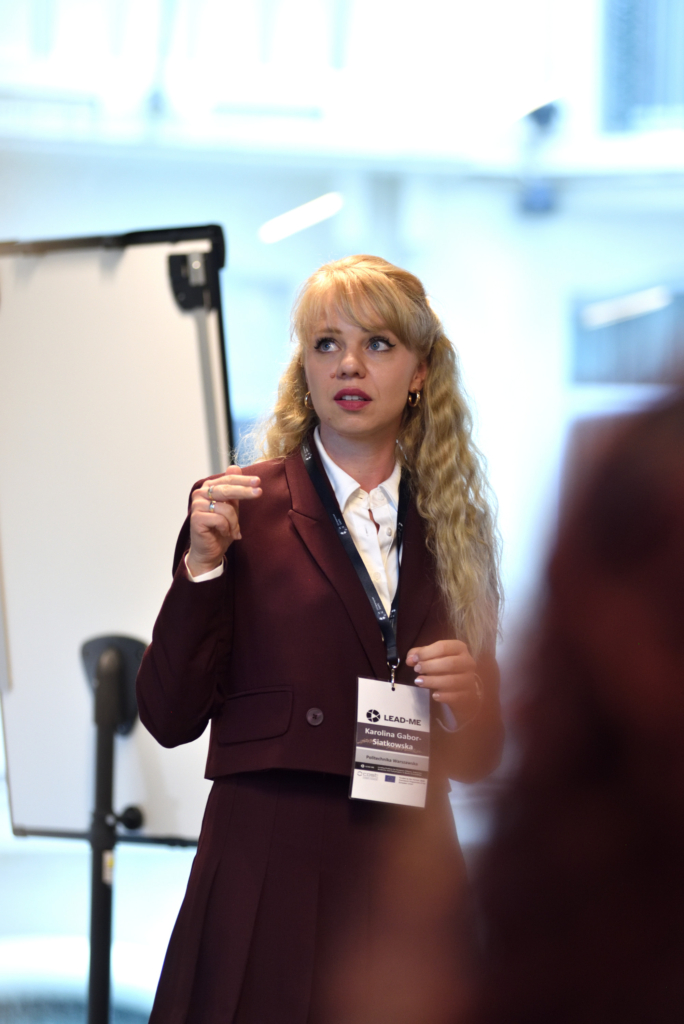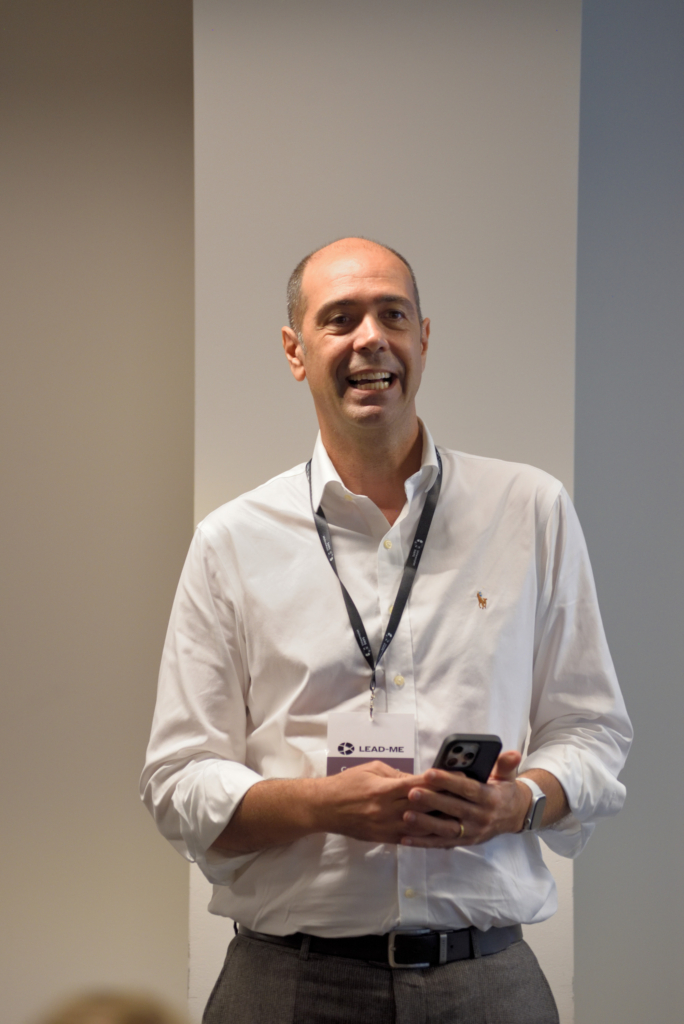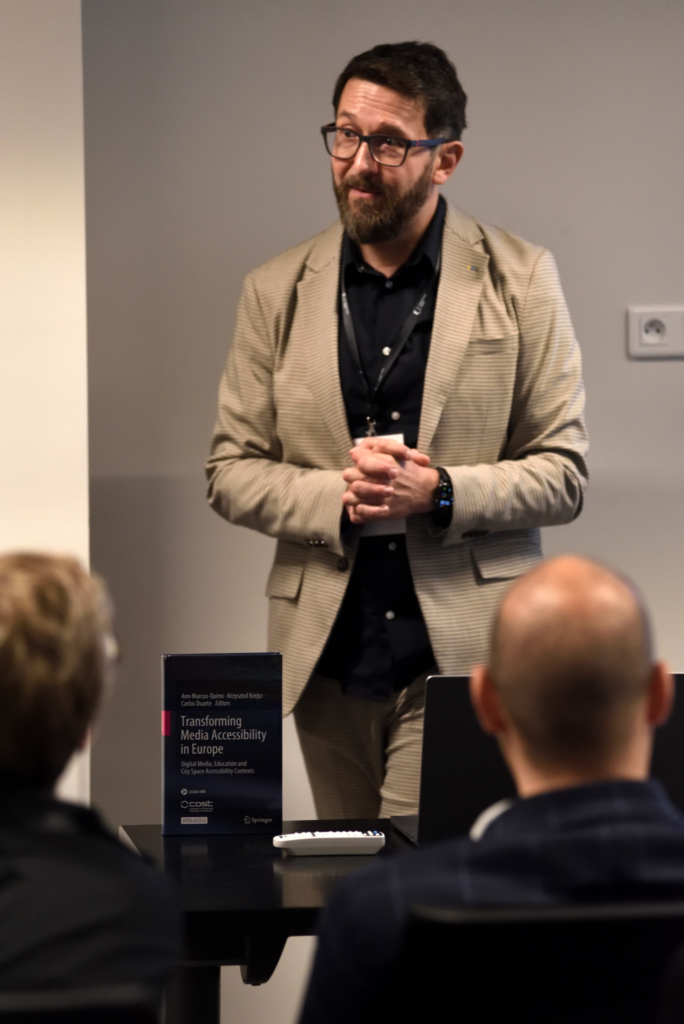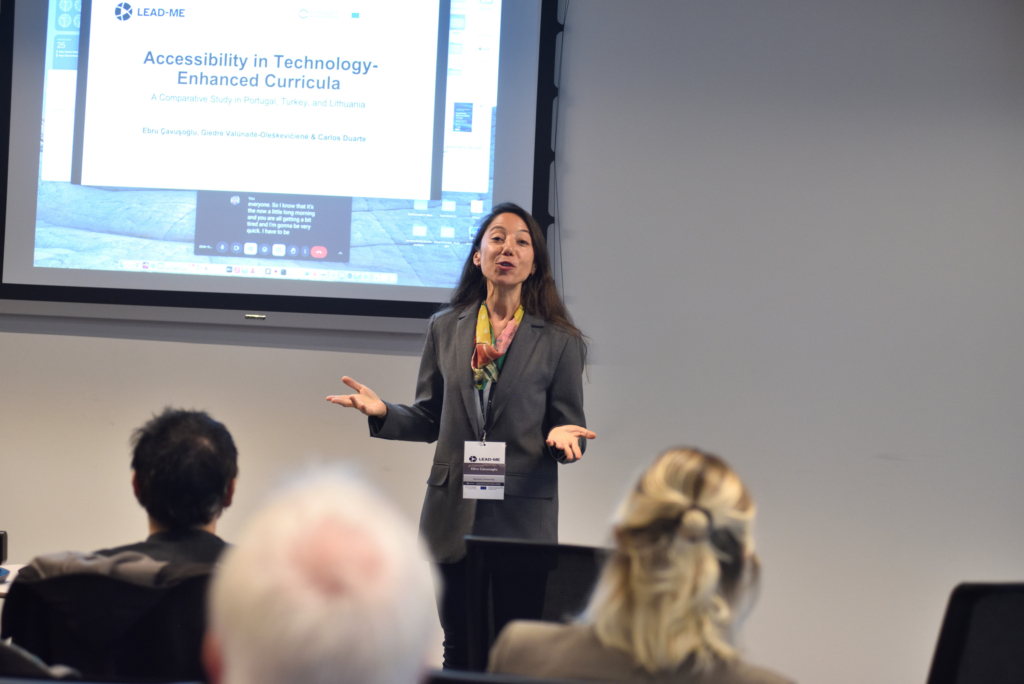On 25 September, the COST Action LEAD-ME held its final meeting in Brussels, focusing on the promotion of media accessibility for people with disabilities across Europe. This inspiring event brought together Action participants with Members of the European Parliament, the European Disability Forum, and key media figures, including representatives from TV2 Scole, RBB, and the European Broadcasting Union (EBU). This final event marked an important step in the collaborative effort to make media more inclusive and accessible for all.

“Nothing about us without us”
Dr Krzysztof Krejtz of the SWPS University (formerly the Warsaw School of Social Psychology), Chair of LEAD-ME, opened the event with the powerful slogan “Nothing about us without us” (Latin: “Nihil de nobis, sine nobis”). He emphasised that policies that affect specific groups must involve those groups in decision-making. In the case of media accessibility, people with disabilities and other underrepresented groups need to help design inclusive solutions. “We need to bring together people from all walks of life: users, academics, business, industry, and designers to address the challenges and make media truly accessible,” he stressed, calling for cross-sectoral collaboration.
Krzysztof Krejtz added that improving media accessibility is not just socially responsible—it also makes good business sense. Accessible features can keep users engaged longer, increasing revenue for content creators and platforms.
From idea to success
Dr Giacomo Inches, of Martel Innovate shared the story of the LEAD-ME initiative, tracing it back to 2019. He encouraged the audience to consider launching a new COST Action research network, saying, “While this chapter may be closing, the door remains open for future efforts to drive progress in media accessibility.”
Vice-Chair Annette Wilson from Rundfunk Berlin-Brandenburg (RBB) outlined the main achievements of LEAD-ME:
- Whitepaper on Accessibility Courses
- Whitepaper on AI and Accessibility
- Survey across Europe on the current legislative framework in Accessibility and its limitations
- Whitepaper on the Role of AI in promoting European Accessibility Policy
- Higher Education Accessibility: Report on best practices and recommendations
- Report on Mandate 47, resulting from the EAA, and new and revised harmonised standards
- Delivery of the One Stop Shop platform (Report) for collecting and distributing accessibility assets
The most significant output of LEAD-ME is the publication of the Open Access book ‘Transforming Media Accessibility in Europe’. Since its release, the book has received 14,000 hits in just one month.
The book provides a deep analysis of media accessibility from legal, technological, psychological, and societal perspectives, covering topics from legal frameworks and new technologies to practical applications in education, culture, and smart city development.
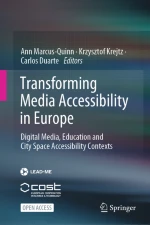
Media accessibility in Europe: challenges and hopes
This was not LEAD-ME’s first engagement with Members of the European Parliament. The Action was previously hosted by MEP Stelios Kympouropoulos in the European Parliament in October 2022.
For the final meeting, the Action welcomed MEP Katrin Langensiepen along with Yngvar NordBerg from TV2 Skole (Norway), Rahel Luder from the European Broadcasting Union, and Alejandro Moledo from the European Disability Forum, to a high-profile panel.
The panel addressed key issues such as how the European Commission and European Parliament can improve accessibility, the challenges faced by disabled people and possible solutions. They also discussed how to improve the quality and quantity of media coverage and how to engage more effectively with the media.
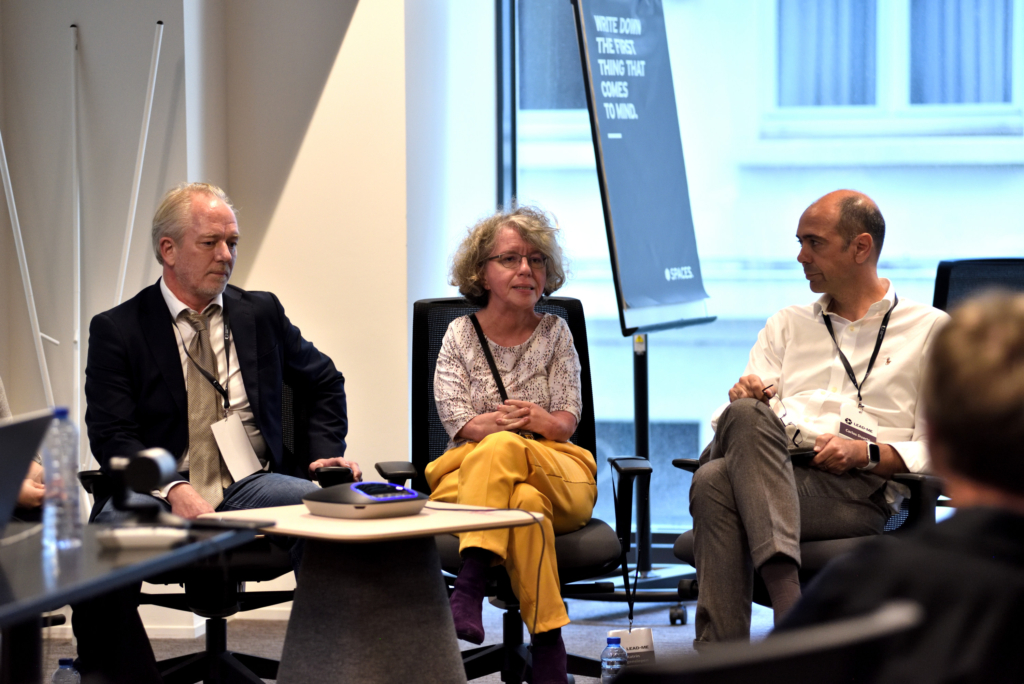
“We need people with disabilities in positions of power”
Katrin Langensiepen, MEP
Katrin Langensiepen, the only woman with a disability in the European Parliament, shared her personal story. “We need people with disabilities in positions of power,” she said. “We need to be united and show solidarity – together we are stronger.” She also highlighted the empowering potential of the internet to give a voice to many, but stressed the importance of a strategic and united approach to really make a difference.
Discussions at this event highlighted both the obstacles and the opportunities that lie ahead in creating a more inclusive media landscape. This is an important step towards ensuring that European media truly reflect and serve all members of society.
Among the distinguished guests in the audience of the event hosted by LEAD-ME were Nuno Jesus from the European Parliament’s Directorate-General for Innovation and Technological Support, Galina Krasteva, Adam Andras Markoc and Michel Dvorak from the European Parliament’s Customer Experience Unit and Digital Accessibility Team, and Frankie Picron, Executive Director of the European Union of the Deaf.
Photos ©Michel Dvorak
Although this was the last official meeting of LEAD-ME, the Action Chair was optimistic: “I hope this is not the end, as we now have both industry and academia ready to move forward”.
Additional information
View the Action website
Discover the Network website
Discover the Action book Transforming Media Accessibility in Europe
Read about the LEAD-ME meeting at the EP in October 2022

